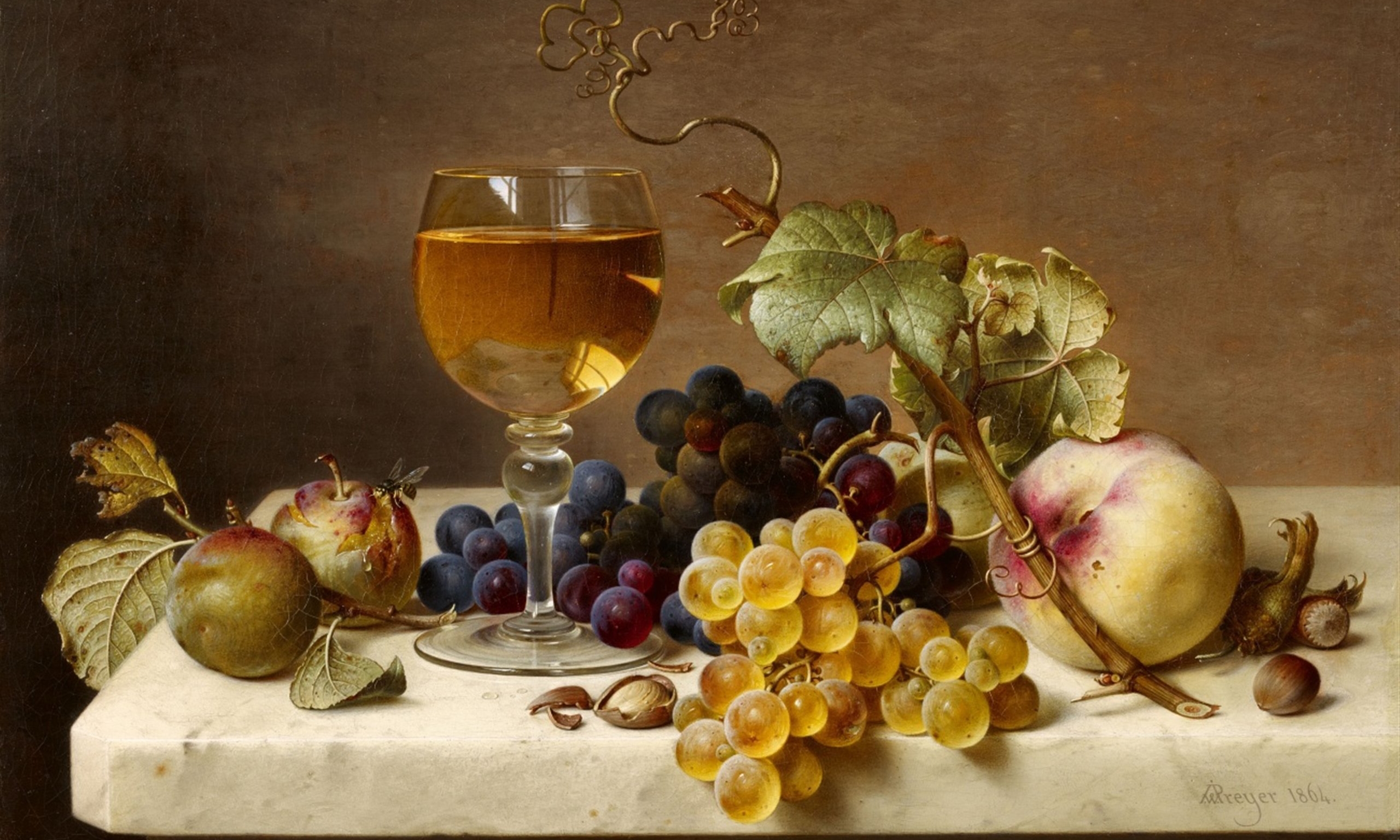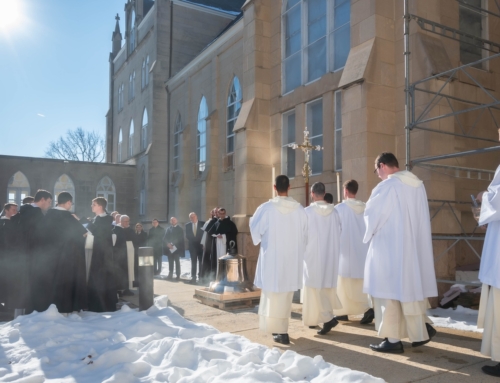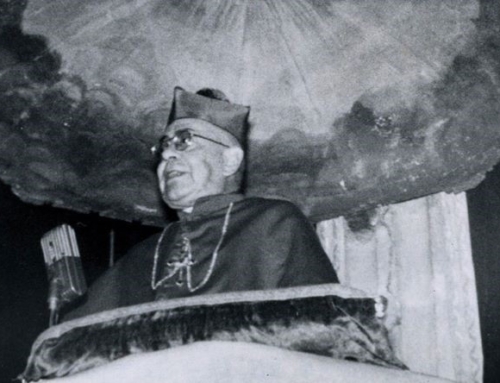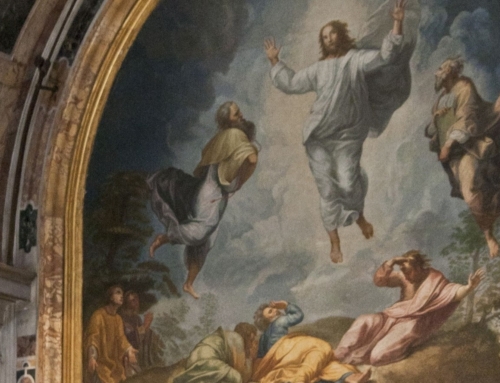At Mass, bread and wine become, through Christ’s power in the actions of the priest, Christ’s body and blood. Why bread and wine? Well, because that’s what God decided. He was free to choose anything at all when instituting the Eucharist, and he chose bread and wine.
But even if we can’t show that bread and wine were necessarily the only possible choice, we can discuss why God’s choice makes sense, why his choice is particularly apt. These are called arguments, not from necessity, but from fittingness—not arguing why something is necessarily the case, but why it is reasonable and fitting. St. Thomas gives some foundational arguments for the fittingness of bread and wine, but I want to add one more by asking the question: why wine, and why not beer?
Beer was common in the Ancient Near East. It did taste different from what we drink today, primarily because the addition of hops—a bittering and preservative ingredient—was a medieval innovation. But it was substantially the same drink and held an important role in the ancient world, even being used as a libation and offering in various pagan religions. Israel was undoubtedly a wine-centric culture, but beer was not unfamiliar even there. Some scholars assert that the Hebrew word sekar, usually translated “strong drink” (as in Num. 28:7), is actually a reference to beer. In a like manner, the proverb “Throw your bread upon the face of the waters; after a long time you may find it again” (Ecc. 11:1) may be in part a reference to the ancient technique of brewing by mixing malted barley cakes with water.
Of course, beer never held the same role that wine did in the cultural and religious traditions of ancient Israel. Most importantly for the sacrament of the Eucharist, wine was an integral part of the Passover feast that Christ celebrated with his disciples and in which he instituted the sacrament. But I want to draw your attention to the beer and wine making process itself, the human work that transforms the goods of the earth into entrancing elixirs.
Beer takes a lot of work. After harvesting, the grain is malted, soaked, and allowed to begin germinating as seeds before being dried. This develops enzymes within the grain that are activated by a technique called mashing, transforming the starches in the grain into fermentable sugar by soaking the malted grain at a specific temperature. The liquid produced by the mash is called wort, which is boiled and cooled. Then the yeast is added, fermenting the wort into beer, carbonating it along the way.
Wine, on the other hand, has something of a spontaneous character. If you press grapes and put the juice into a jug, it will ferment and become wine. Grapes, like all fruit, are full of sugar—no malting, mashing, or boiling required! There is even yeast on the skin of grapes that will mix into the juice during the juicing process and naturally ferment. Wine simply happens. (Of course, good wine takes much work, but mediocre wine practically makes itself.) This inclination of grapes to become wine is so strong that it actually took a technological intervention to keep grape juice as juice, invented by Methodist minister and temperance activist Thomas Bramwell Welch in 1869.
You have to earn beer, labor and sweat over it. But wine naturally flows from the fruit of the earth; it is a gift, a gift of nature and of God, the creator of nature. “You make the grass grow for the cattle and plants for people’s work, to bring forth food from the earth, wine to gladden their hearts” (Ps. 104:14-15). Perhaps then we could add another argument from fittingness for wine as Eucharistic matter. Wine, in its natural gratuity, better reflects the supernatural gratuity of the Eucharist. Christ’s bodily presence among us in the sacrament isn’t something we can labor over to earn and bring about. It is a pure gift of God, who desires to be with us to gladden our hearts.
✠
Image: Johann Wilhelm Preyer, Stillleben mit Weinglas und Früchten







